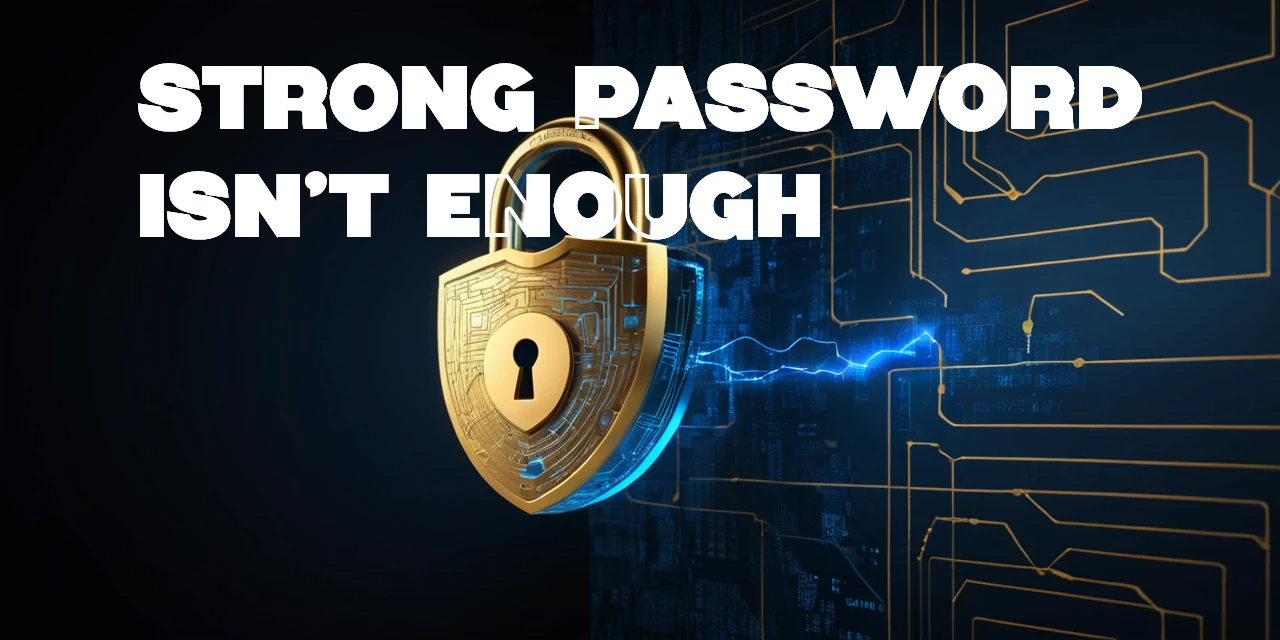Introduction
The average person is likely to be impacted by over 20 data breaches in their lifetime. Protecting your online accounts is more important than ever, and the easiest way to do that is by using the best password manager free. In this guide, we’ll review the best password managers of 2025, compare their features, and share pro tips to maximize your security. Whether you’re a privacy enthusiast or just want to simplify your digital life, you’ll find the perfect solution below.
Table of Contents
Why Use a Password Manager?
Many people worry that storing all their passwords in one place is risky, but password managers actually make you safer. They use strong encryption to protect your credentials, encourage unique, complex passwords for every account, and significantly reduce your risk if a single site is breached. Using a password manager is one of the most effective ways to prevent identity theft and online hacks.
Top 4 Best Password Manager Free in 2025
| Password Manager | Open Source | Platforms | Passkey Support | Free Plan | Notable Features |
|---|---|---|---|---|---|
| KeePass | Yes | Win/Mac/Linux/iOS/Android (via clients) | Varies by client | Yes | Offline by default, full user control |
| Proton Pass | Yes | Cross-platform | Yes | Yes (with Proton subscription) | Email alias integration, part of Proton ecosystem |
| Bitwarden | Yes | Cross-platform | Yes | Yes | Self-hosting option, affordable premium |
| 1Password | No | Cross-platform | Yes | Free trial | Family plans, strong audit history |
1. KeePass – The Most Flexible and Secure
KeePass is an open-source, offline-first and best password manager free that gives you total control over your data. Your passwords are stored in an encrypted database file, and you choose how to sync or back up that file. This makes KeePass ideal for tech-savvy users who want maximum flexibility and privacy. The downside is that KeePass’s user experience depends on which client you use (KeePassXC for Windows/Linux, Strongbox for macOS/iOS, KeePassDX for Android). Syncing and passkey support also vary by client, so some setup is required.
Pros:
- Full user control and flexibility
- Open source and offline by default
- No central server or account required
Cons:
- Setup and syncing can be complex
- User experience varies by client
- Limited direct integration with other services
2. Proton Pass – Best for Privacy and Integration
Proton Pass is a newcomer but quickly gaining popularity, especially among privacy-focused users. It’s open source, cross-platform, and integrates seamlessly with the Proton ecosystem (including ProtonMail). A standout feature is its direct integration with SimpleLogin for email aliasing, making it easy to create unique email addresses for every account. Proton Pass is free for Proton subscribers and offers a modern, user-friendly interface.
Pros:
- Open source and audited
- Excellent privacy features
- Email alias integration
- Modern UI/UX
Cons:
- Still developing features
- Deep integration with Proton ecosystem can make switching harder
3. Bitwarden – Best Free and Open Source Cloud Option
Bitwarden is a favorite in the open-source community and offers one of the most generous free plans. It’s fully audited, supports passkeys, and works across all major platforms. Bitwarden also allows self-hosting for advanced users. While its interface is less modern than some competitors, it’s reliable, secure, and extremely affordable if you choose to upgrade.
Pros:
- Open source and audited
- Free plan with strong features
- Self-hosting option
Cons:
- Interface is less intuitive for some users
- Some advanced features require premium
4. 1Password – Best for Families and Ease of Use
1Password is the most mainstream option on this list of best password manager free, known for its excellent security team, regular audits, and user-friendly design. It was among the first to support passkeys and offers robust cross-platform support. 1Password is ideal for families, thanks to its easy sharing and management features. However, it is not open source and requires a subscription after the free trial.
Pros:
- User-friendly and polished
- Strong security practices
- Great for families
Cons:
- Not open source
- Paid subscription required
Honorable Mentions
- Pen and Paper: While simple, writing passwords down limits password complexity and poses a risk if lost or stolen. If you must use this method, be cryptic and keep your notes secure.
- Apple Passwords: Apple’s password manager now supports Windows via browser extensions, but still lacks the advanced features and cross-platform compatibility of dedicated managers.
Pro Tips for Maximizing Password Manager Security
- Keep Backups: Regularly back up your password database or account recovery options.
- Use a Unique Master Password: This is the key to your digital life—make it strong and unique.
- Enable Two-Factor Authentication (2FA): Add an extra layer of security to your password manager.
- Use the Password Generator: Don’t just import old passwords—generate strong, unique ones.
- Set a Short Auto-Lock Timeout: Don’t leave your password manager unlocked for long periods.
Want to go beyond just strong passwords?
Even with the best password manager and complex passwords, your accounts can still be at risk from threats like keyloggers, phishing, and insecure Wi-Fi. For a deeper dive into these risks and practical steps to protect yourself, check out our guide: Enhancing Strong Password Security: Protecting Your Accounts Beyond Passwords. This article explains why strong passwords aren’t enough and how you can strengthen your overall account security with tips on avoiding malware, phishing attacks, and more.
Conclusion
Choosing the right and best password manager free is essential for your digital security. All the options above are secure, reliable, and offer free trials or plans, so you can try them risk-free. The most important step is to start using a password manager today—your future self will thank you.






WhatsApp Privacy Concerns Exposed: 7 Hidden Risks You Need To Know
[…] accounts secure, using a password manager can make a big difference. For our top free picks, see: Best Password Manager Free 2025 and learn more about metadata and surveillance risks […]
Georgedaund
Hai, saya ingin tahu harga Anda.
MT
what?